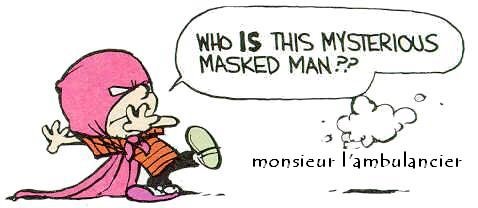




The Original Taiwanese
Until just four centuries ago, the main island of Taiwan was home to mainly Austronesian (Malayo-Polynesian) peoples. Although they have left no written records or reliable oral history of their origins, archeological evidence indicates that their ancestors came to the main island of Taiwan several thousand years ago (see chapter 2, "People and Language").
Beginning in the early 17th century, lowland tribes were inexorably driven into the island's mountainous interior, overwhelmed by alien conquerors from both Europe and Asia, and by wave upon wave of immigration of Han peoples fleeing poverty and war in China. Over the centuries, many indigenes have been assimilated into Han-immigrant communities, and many Taiwanese have both Han and indigenous ancestry.

ROC on Taiwan (1945- )
Shortly after occupying Taiwan on behalf of the Allies in 1945, the Nanjing-based ROC government declared Taiwan a province of the ROC, citing the unsigned Cairo Declaration as its justification. October 25, the date upon which Japanese troops in Taiwan surrendered to ROC administrators, was officially proclaimed "Retrocession Day."
Only four years later, the ROC government under Chiang Kai-shek and the Kuomintang (KMT), was defeated in the Chinese Civil War that had been going on since the late 1920s. It vacated the mainland and took refuge on the island of Taiwan. The lost mainland territories became the People's Republic of China (PRC), established in 1949 by the victorious Communist Party of China (CPC) revolutionaries under Mao Zedong.
In terms of actual exercise of sovereignty, the ROC was thereby downsized from a vast territory to one that comprised, and comprises, only Taiwan and a few small islands.
Over the six decades since then, the oceanic ROC and continental PRC have coexisted as separate sovereign states, universally known by their popular names, Taiwan and China, and their societies have developed in radically different directions. Taiwan has become one of the world's freest countries, rated as Asia's freest in Freedom House's Freedom in the World 2006 survey. The same survey rated China as one of the world's least free countries.
The influx of around one and a half million soldiers and civilian refugees from the Chinese Civil War turned the island into a frontline of the Cold War. With the outbreak of the Korean War in June 1950, the United States dispatched its Seventh Fleet to protect Taiwan from attack by PRC forces and provided it with increased economic and military assistance. Taiwan became the focus of attention again in August 1958, when the PRC attempted to take over the Taiwan-held islands of Kinmen (Quemoy) and Matsu. Hostilities eventually ended, and in October 1958, the US and Taiwan governments issued a joint communiqué reaffirming their solidarity.
As summarized in the remaining sections of this chapter, and discussed in other chapters, political and economic developments inside and outside Taiwan since 1945 have dramatically transformed the self-perceptions of everyone in Taiwan. Events such as the seating of the PRC to the exclusion of the ROC in the United Nations in 1971, the lifting of martial law in 1987, the repeal of restrictions on travel and investment in China, and measures taken to redress injustices perpetrated in the earlier authoritarian era—these and other factors have prompted people in every social stratum to acknowledge a number of on-the-ground realities:
* Taiwan and China are distinctly different sovereign nations.
* The government should not compete with the Chinese authorities for the right to rule China.
* What unites the people of Taiwan—irrespective of their differing concepts and hopes vis-à-vis the Taiwan-China relationship—is their affirmation of the imperative to pursue and defend freedom and democracy.
National Designation
The name "Republic of China" 中華民國 was first proposed by Dr. Sun Yat-sen as the national moniker during a revolutionary alliance's meeting in 1905 and was officially adopted in 1912.
In official and most ordinary usages, years in the ROC are calculated from the republic's founding in 1912. Thus, 1912 was referred to as "the first year of the ROC," and 2006 is "the 95th year of the ROC," and so on.
source : http://www.gio.gov.tw/mp.asp




